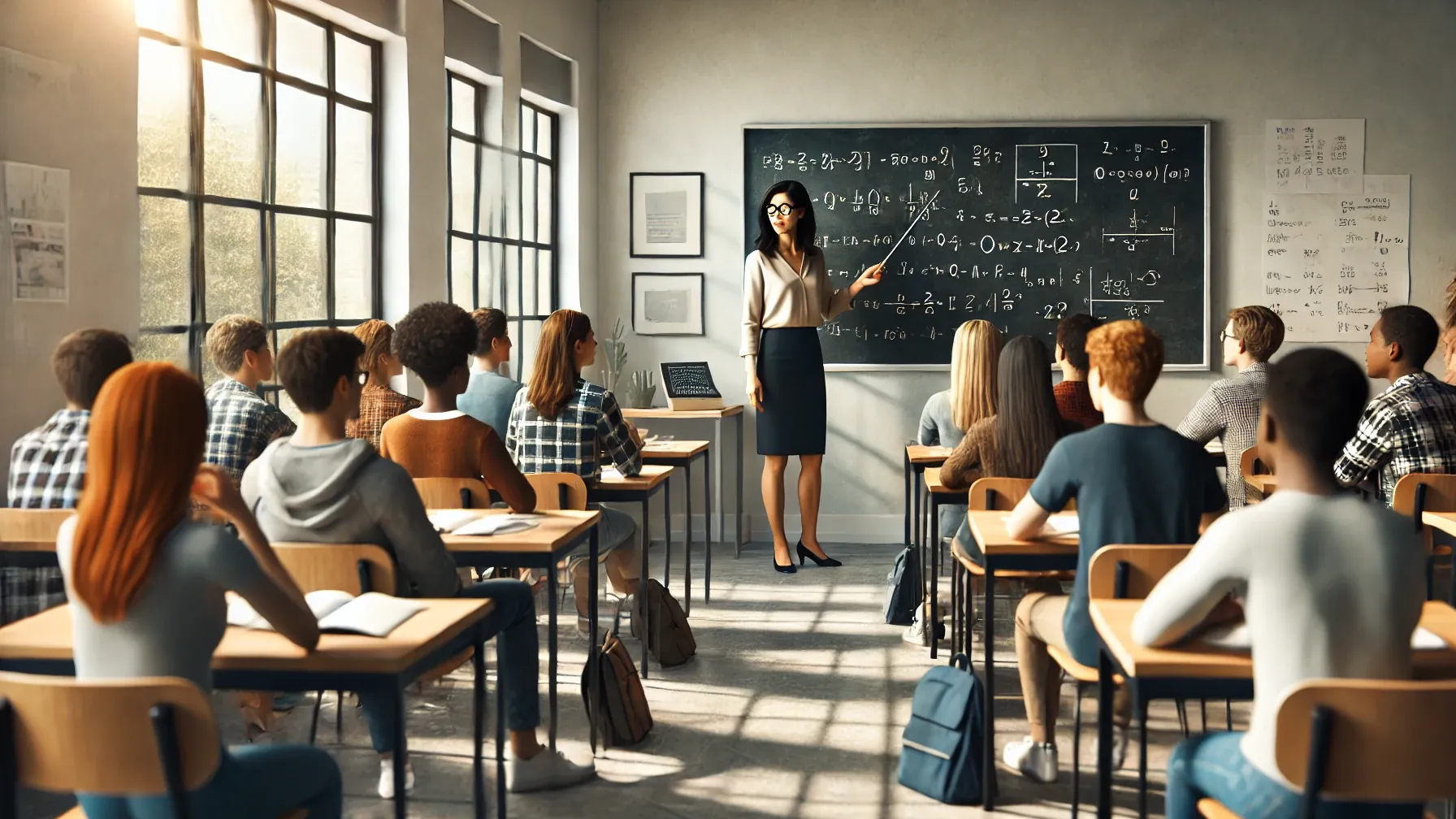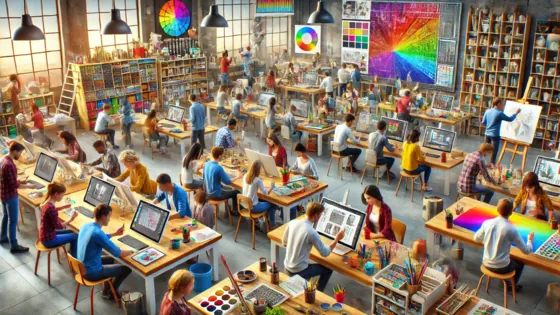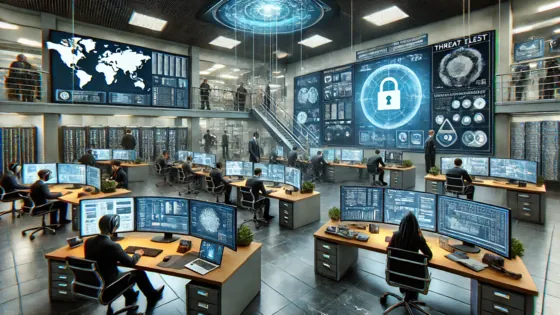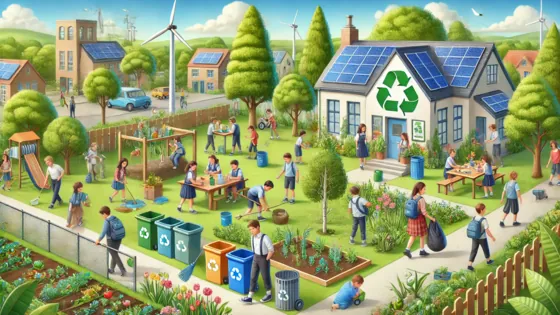Modern education sets high standards for educators. Teaching excellence is not only about the ability to transmit knowledge but also involves inspiring, motivating, and fostering critical thinking and self-reliance in students. This article will explore the qualities and skills necessary for becoming an effective teacher.
Understanding the Learning Process
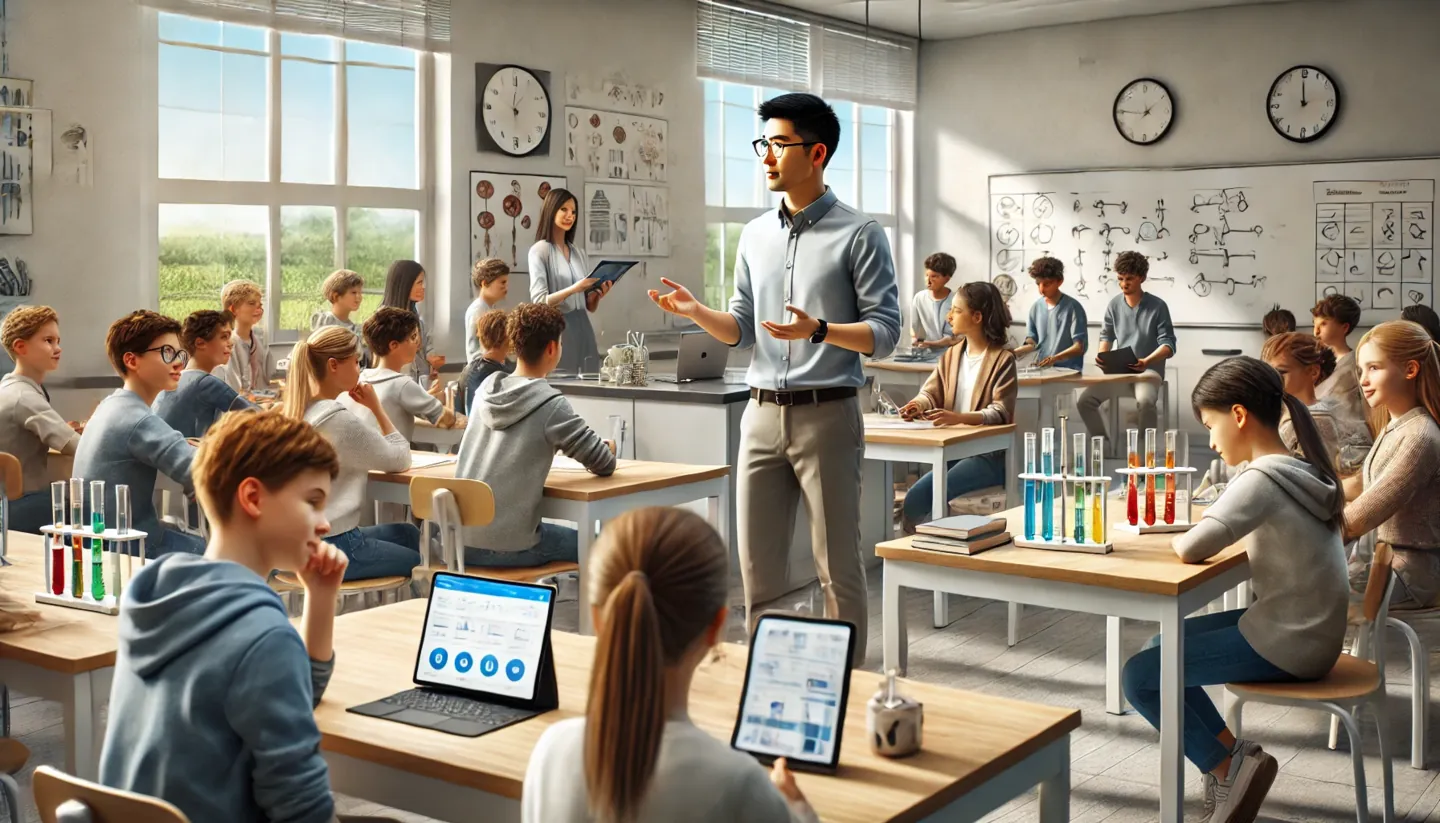
Comprehending the learning process is critical in education, as it influences the efficiency of instruction and the achievement of objectives. We will examine the key aspects of this understanding and offer strategies that can aid students in succeeding academically.
- Recognition of Educational Goals: The initial step towards effectively understanding the learning process is recognizing one's educational objectives. Students should clearly define what they aim to achieve through their education, whether it be acquiring specific knowledge and skills, preparing for a professional career, or personal growth. Identifying these goals helps students focus on essential tasks and assess their progress.
- Active Participation in Learning: Comprehensive understanding of the learning process also entails active participation. This extends beyond mere attendance in classes and completion of homework to engaging in discussions, posing questions, and seeking further information. Students who actively participate are more likely to absorb material effectively and develop critical thinking skills.
- Time and Resource Management: Efficient management of time and resources is pivotal in grasping the learning process. Students should establish schedules that accommodate class time, exam preparation, and homework completion. Additionally, they must make effective use of educational resources such as libraries, online courses, and teacher consultations.
- Evaluation and Progress Analysis: For a profound understanding of the learning process, it is crucial for students to evaluate their progress and analyze both their successes and failures. Various assessment methods, such as tests, self-assessments, and feedback from instructors, can be utilized. Analyzing progress allows students to identify their weaknesses and develop strategies for improvement.
- Support and Collaboration: Understanding the learning process also includes recognizing the importance of support and collaboration from peers and educators. Students can seek help from teachers, parents, and classmates when they encounter difficulties or have questions. Collaborative learning and experience sharing enhance the understanding of educational material and strengthen connections within the academic environment.
Developing Communication Skills

In an age of active information exchange, effective communication becomes a critical aspect for success in personal and professional endeavors. This section will focus on the significance of developing communication skills, highlight their essential elements, and consider methods for their enhancement.
- Appreciating Communication Skills: Communication is not merely about exchanging information but also about building relationships, sharing insights, and considering diverse perspectives. Communication skills encompass active listening, effective conversational techniques, questioning, engaging in discussions, and acknowledging cultural differences.
- Core Elements of Communication Skills: Communication skills consist of both verbal and non-verbal interactions. Verbal communication includes the ability to articulate thoughts clearly, select appropriate words, and construct logical arguments. Non-verbal communication involves using facial expressions, gestures, voice intonation, and other means to convey emotions and attitudes.
- Methods for Enhancing Communication Skills: Enhancing communication abilities can involve various approaches. Regular interaction with diverse individuals can improve these skills. Attending specialized communication courses, studying relevant literature, and soliciting feedback from colleagues and friends are also advantageous.
- Impact of Communication Skills on Career Advancement: Effective communication skills directly influence professional advancement. The ability to interact proficiently with colleagues, supervisors, clients, and business partners is crucial for a successful career. Individuals with advanced communication skills often achieve high professional standings, assume leadership roles, and receive promotions.
Continuous Learning as a Key to Success

In a world of constant change and development, the ability to adapt and learn continuously becomes a defining factor for success in both personal and professional lives. This section discusses the importance of ongoing education, its benefits, and methods for integrating it into daily life.
Motivating and Inspiring Students
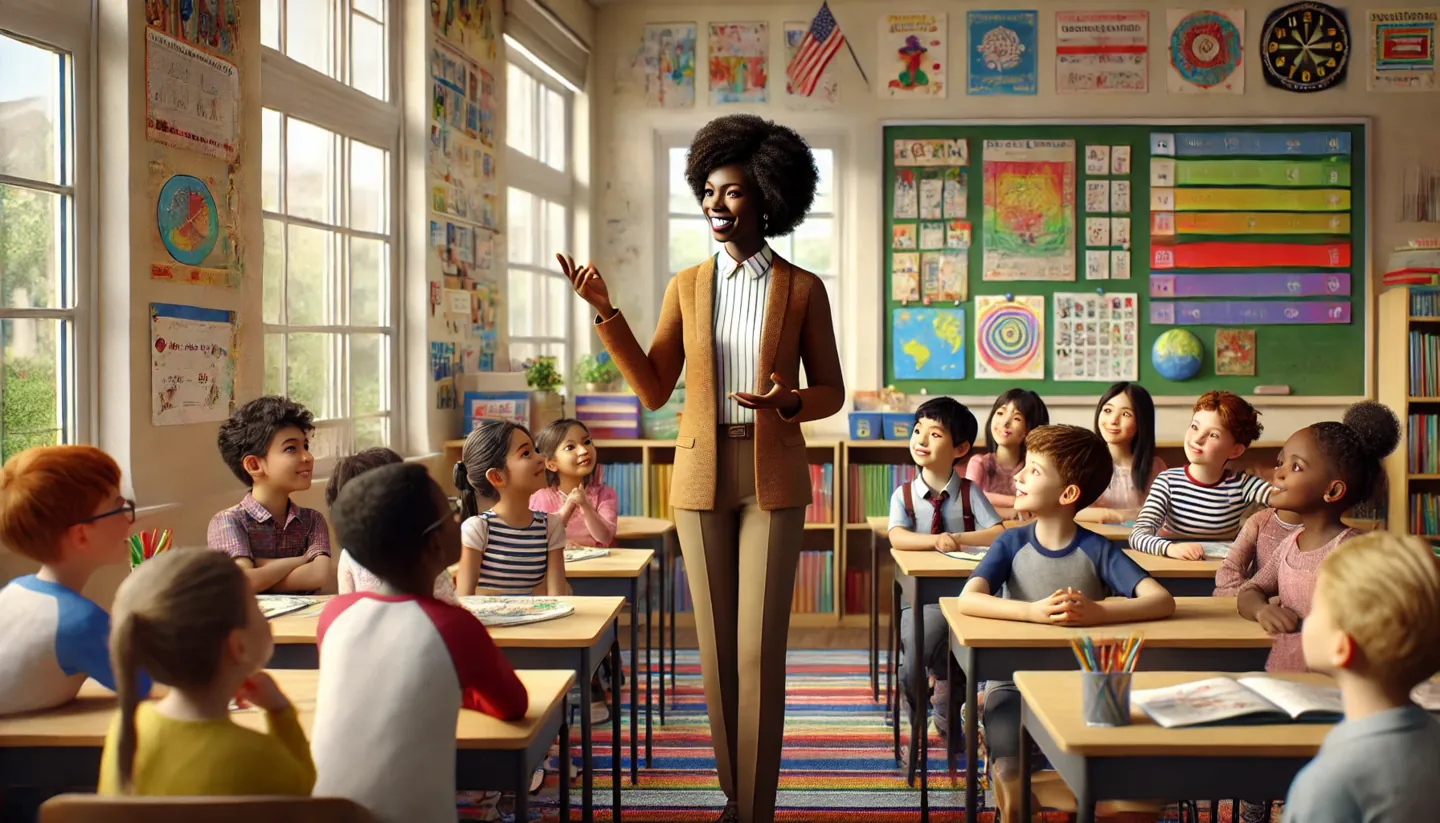
Motivation and inspiration are crucial in the learning process. They not only aid in the successful acquisition of academic material but also help in developing a sustained interest in learning among students. This article examines the primary ways of motivating and inspiring students, as well as the significance of these factors for their academic and personal growth.
Conclusion
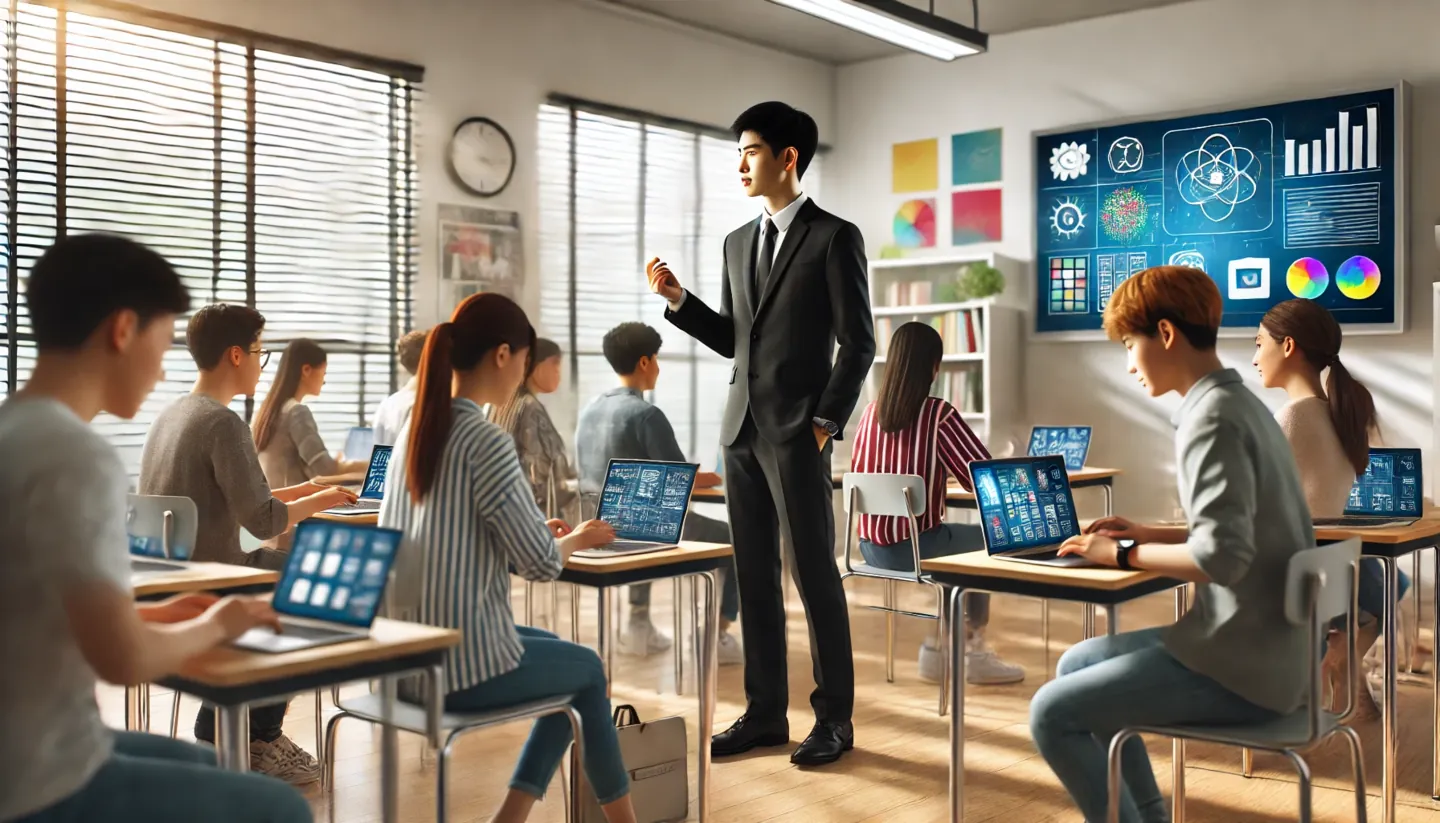
Teaching mastery requires not only knowledge and skills but also continuous self-improvement. The journey to becoming a successful teacher demands commitment, patience, and constant awareness of changes in the educational sphere. By employing modern methods and approaches, every teacher can achieve a high level of professionalism and significantly impact the lives of their students.

